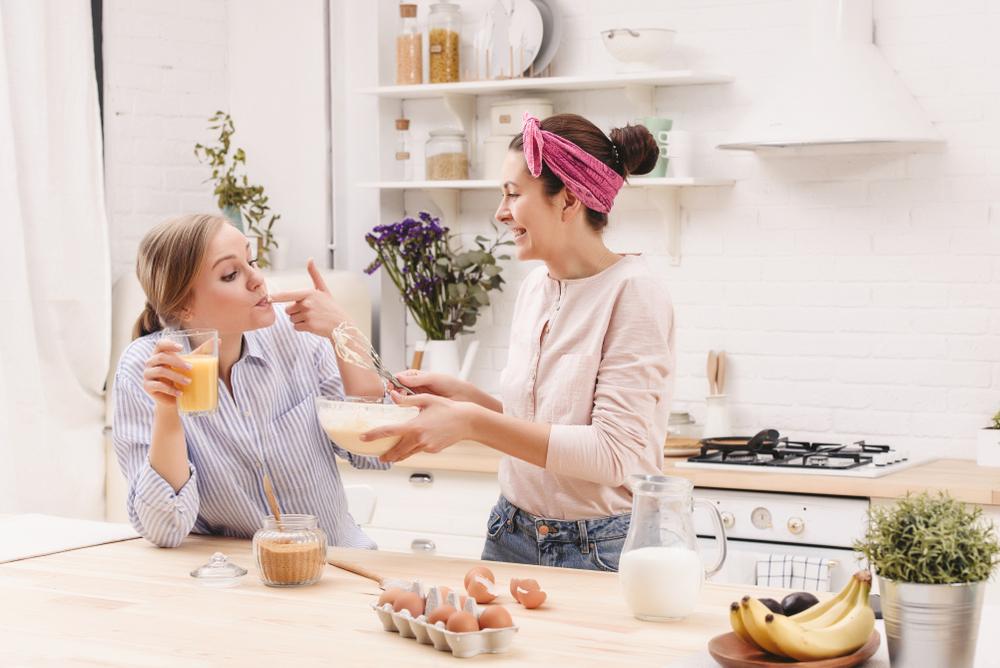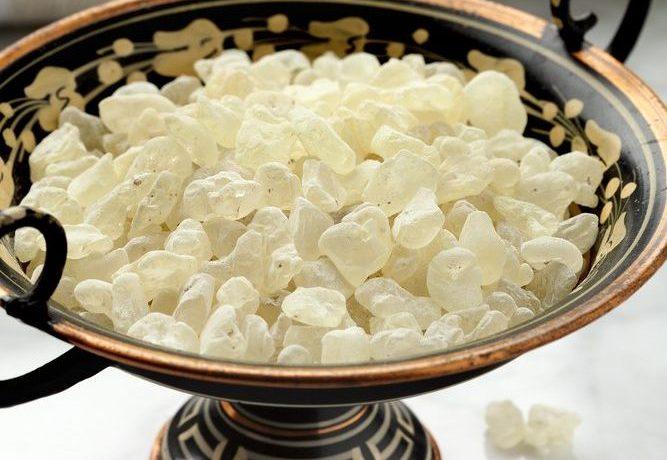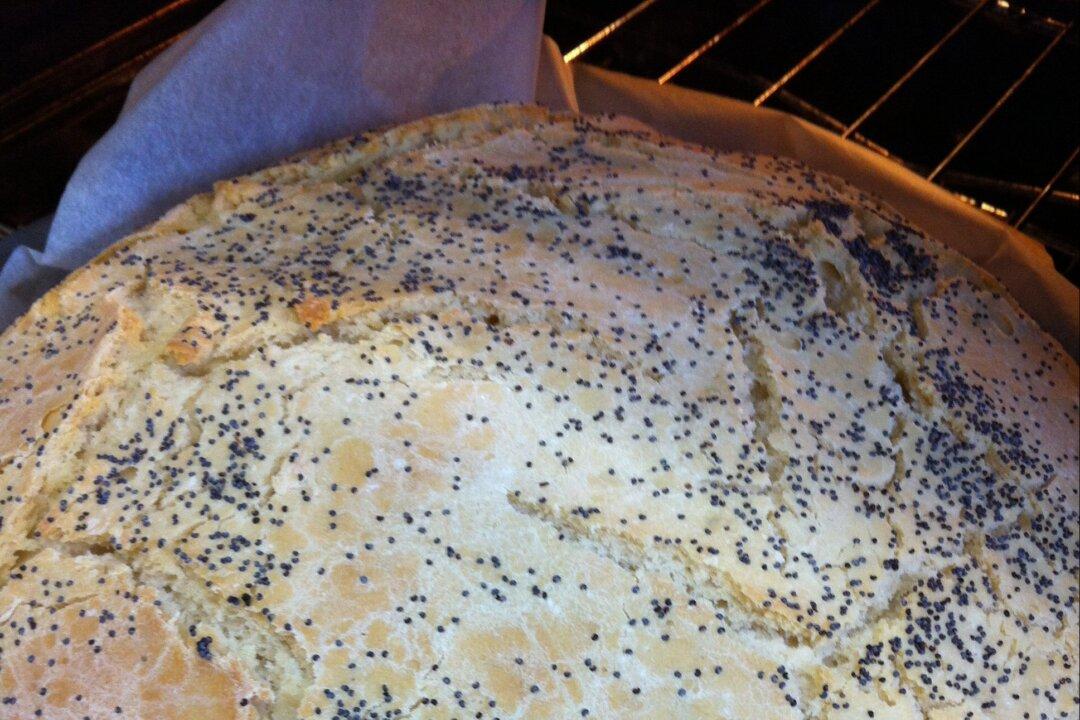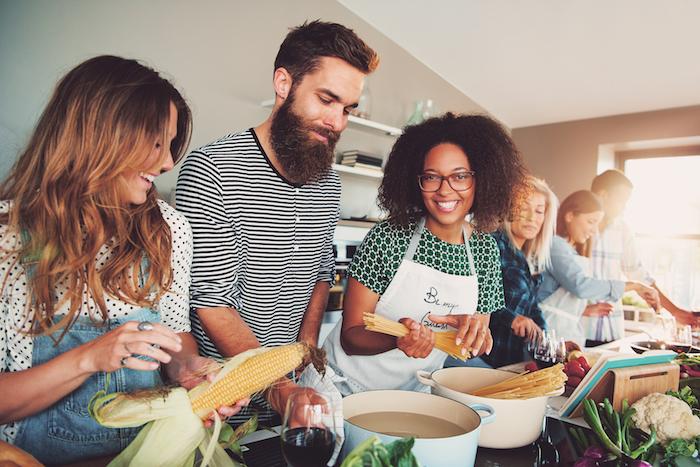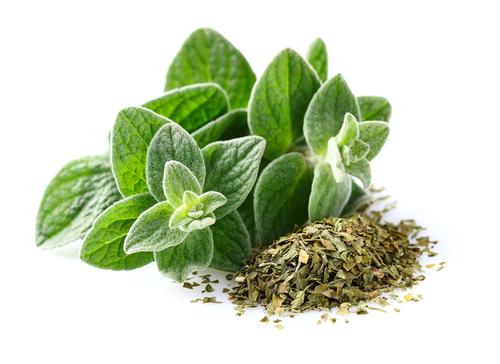The ancient Greeks viewed cooking as a sacred practice and a form of therapy. They approached it with great respect, harmony, and agape (unconditional love), as they believed that food and one’s energy while cooking influenced the balance of the humors and thus one’s well-being.
Now, psychologists and some health care clinics are embracing cooking’s therapeutic potential.

